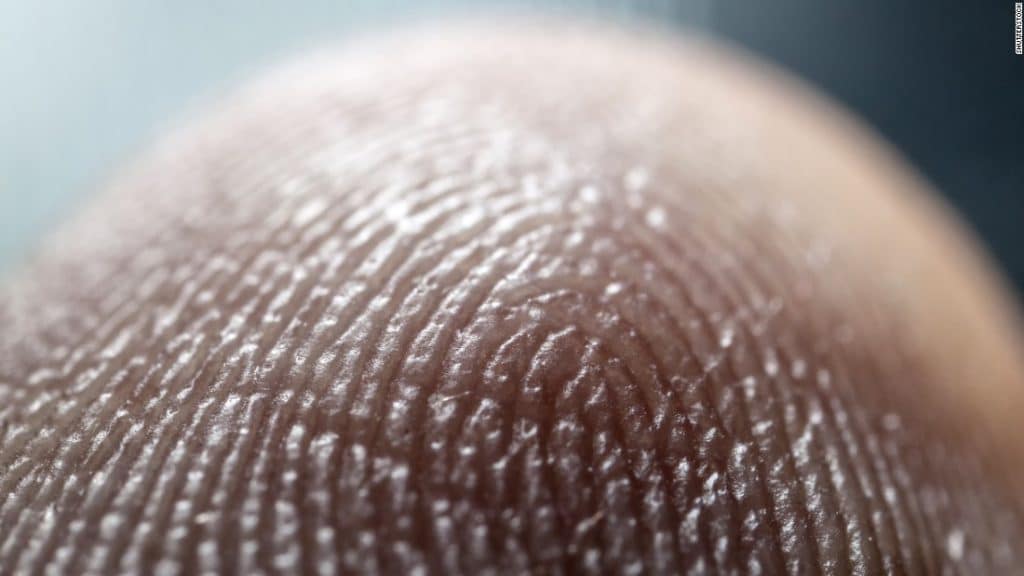NEC in talks with researchers commercializing infant fingerprint biometrics scanner
The developer of a device for capturing infants’ fingerprint biometrics is working towards commercialization as one of its co-founders prepares to pitch its technology at an event this month focused on Latin America.
Synolo was born out of ‘Neo,’ based on the research carried out by Eliah Aronoff-Spencer and his research team with support from the Gates Foundation at the UC San Diego School of Medicine and the Qualcomm Institute at UC San Diego.
Neo was previously known as ‘ION,’ and Aronoff-Spencer told Biometric Update at the time that early tests at the University and in Mexico were showing biometric accuracy as high as 99 percent only two days after birth.
NEC stepped forward to engage with the group on potential future projects following a study of 200 newborns and 300 children in Tijuana, Mexico, and Synolo was founded in 2021.
Synolo Co-founder, CTO and Director of Technology Steve Saggese told Convergencialatina, one of the organizers of the Smarter Cities & Digital ID Forum, that a dozen Neo units have been built, half of which are in operation by an NGO in New York. Tests are also being performed in Latin America.
Neo uses a high-resolution camera with 3,400 ppi and a selection of apertures to correctly position the child’s finger for contactless biometric capture. The resulting fingerprint is converted to 500 ppi to conform with NIST standards for biometric interoperability.
The article suggests that the Neo device could be used during birth registration and to prevent the trafficking of minors.
Another startup working on infant biometrics, Natosafe, was introduced to a global audience at ID4Africa’s annual meeting this year in Marrakesh.
This post was updated at 10:41am Eastern on January 17, 2023 to clarify the relationship between NEC and Synolo.







